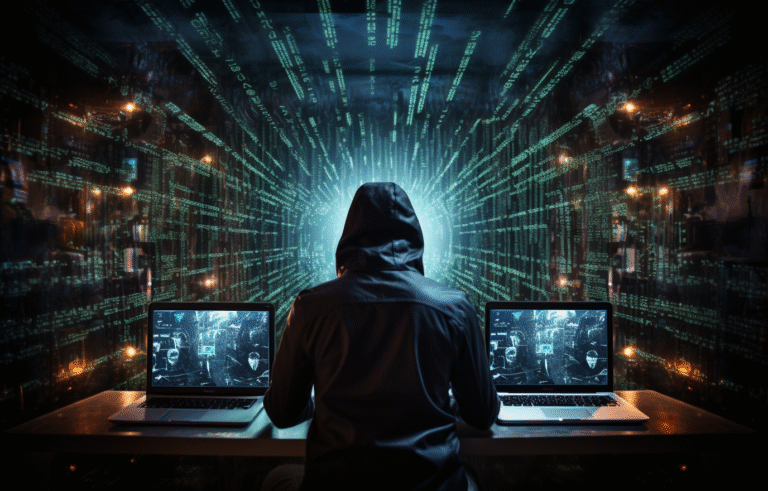Cybercrime and North Korea’s Future: How Cyberattacks Fuel Its Military Ambitions
North Korea isn’t just building missiles and nuclear devices—it’s also building a cyber business. For years, the country has used cybercrime as a way to hide behind the veil of digital activity, funneling money into its military programs. Groups like the Lazarus Group operate with precision, targeting financial systems and cryptocurrency platforms. They exploit flaws in software and human behavior to steal money, often without anyone noticing at first. These attacks aren’t random. They’re calculated, aiming for high-value systems and making money fast. As long as these operations stay hidden, they keep feeding the regime’s weapons programs—making cybersecurity not just a tech issue, but a national security one.
The rise of cryptocurrency has given these groups a way to avoid sanctions and move money quietly. North Korea’s hackers have targeted exchanges and gaming platforms, using phishing and malware to siphon digital assets. In 2016, a Bangladesh bank heist nearly pulled off a $81 million theft—only stopped by a bug in the code. More recently, they hacked the game Axie Infinity and stole nearly $620 million in crypto. Chainalysis says North Korean hackers have pulled in about $1 billion in stolen crypto since 2017. As of June 2023, they still held around $170 million in unprocessed crypto—though that number has dropped since the FTX collapse, which wiped out much of the market’s value. The volatility hasn’t just hurt the market; it’s hurt the regime’s finances. With crypto prices swinging wildly, the real value of their holdings is harder to track, and their ability to fund weapons programs has been put on a tighter leash.
How North Korea Uses Cybercrime
- Cryptocurrency as a cover: North Korea uses crypto to avoid detection by sanctions and financial monitoring, letting them move money without going through traditional banks.
- Targeted attacks with high returns: The Lazarus Group has repeatedly attacked financial and gaming platforms—often with deep technical skill—to steal large sums quickly.
- Market crashes hurt their finances: The collapse of FTX and other exchanges has reduced the value of North Korea’s crypto holdings, making it harder to fund military projects.
The ongoing fight between cyber defenders and state-backed hackers isn’t going away. It demands more collaboration between governments, tech firms, and investigators—because if we don’t act now, the next attack could come not from a country’s border, but from a screen somewhere in the dark web.







